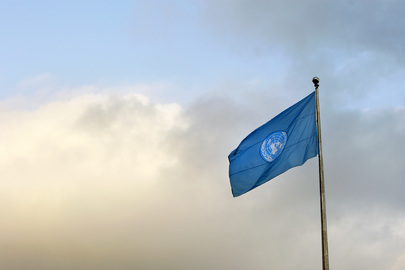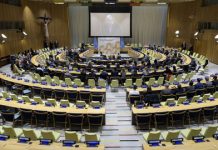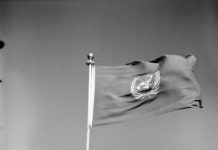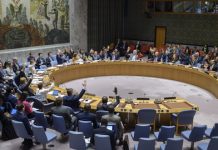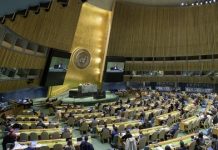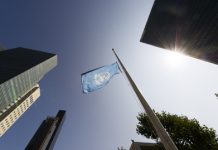While the rate of basic access to energy has increased since 2022, the current pace is insufficient to reach universal access by 2030, one of the UN’s Sustainable Development Goals (SDGs), according to a report published by the WHO and partners this Wednesday.
The report highlights the role of cost-effective distributed renewable energy — a combination of mini-grid and off-grid solar systems — in accelerating energy access, particularly as the populations who remain unconnected mostly live in remote, lower-income, and fragile areas.
Regional disparities
“Despite progress in some parts of the world, the expansion of electricity and clean cooking access remains disappointingly slow, especially in Africa,” said Fatih Birol, Executive Director of the International Energy Agency (IEA), as 85 per cent of the global population without electricity access reside in sub-Saharan Africa.
In the region, renewables deployment has rapidly expanded; however, on average, it remains limited to 40 watts of installed capacity per capita — only one eighth of the average in other developing countries.
Clean cooking
As regional disparities persist, an estimated 1.5 billion people residing in rural areas still lack access to clean cooking, while over two billion people remain dependent on polluting and hazardous fuels such as firewood and charcoal for their cooking needs.
Yet, the use of off-grid clean technologies, such as household biogas plants and mini-grids that enable electric cooking, can offer solutions that reduce the health impacts caused by household air pollution.
“The same pollutants that are poisoning our planet are also poisoning people, contributing to millions of deaths each year from cardiovascular and respiratory diseases, particularly among the most vulnerable, including women and children,” said Tedros Ghebreyesus, WHO Director-General.
Lack of financing
The report identified the lack of sufficient and affordable financing as a key reason for regional inequalities and slow progress.
While international public financial flows to developing countries in support of clean energy have increased since 2022, the developing world received significantly fewer flows in 2023 than in 2016.
“This year’s report shows that now is the time to come together to build on existing achievements and scale up our efforts,” said Stefan Schweinfest, Director of the UN Statistics Division, as the report called for strengthened international cooperation between the public and private sectors to scale up financial support for developing countries, especially in sub-Saharan Africa.
Source of original article: United Nations (news.un.org). Photo credit: UN. The content of this article does not necessarily reflect the views or opinion of Global Diaspora News (www.globaldiasporanews.net).
To submit your press release: (https://www.globaldiasporanews.com/pr).
To advertise on Global Diaspora News: (www.globaldiasporanews.com/ads).
Sign up to Global Diaspora News newsletter (https://www.globaldiasporanews.com/newsletter/) to start receiving updates and opportunities directly in your email inbox for free.


